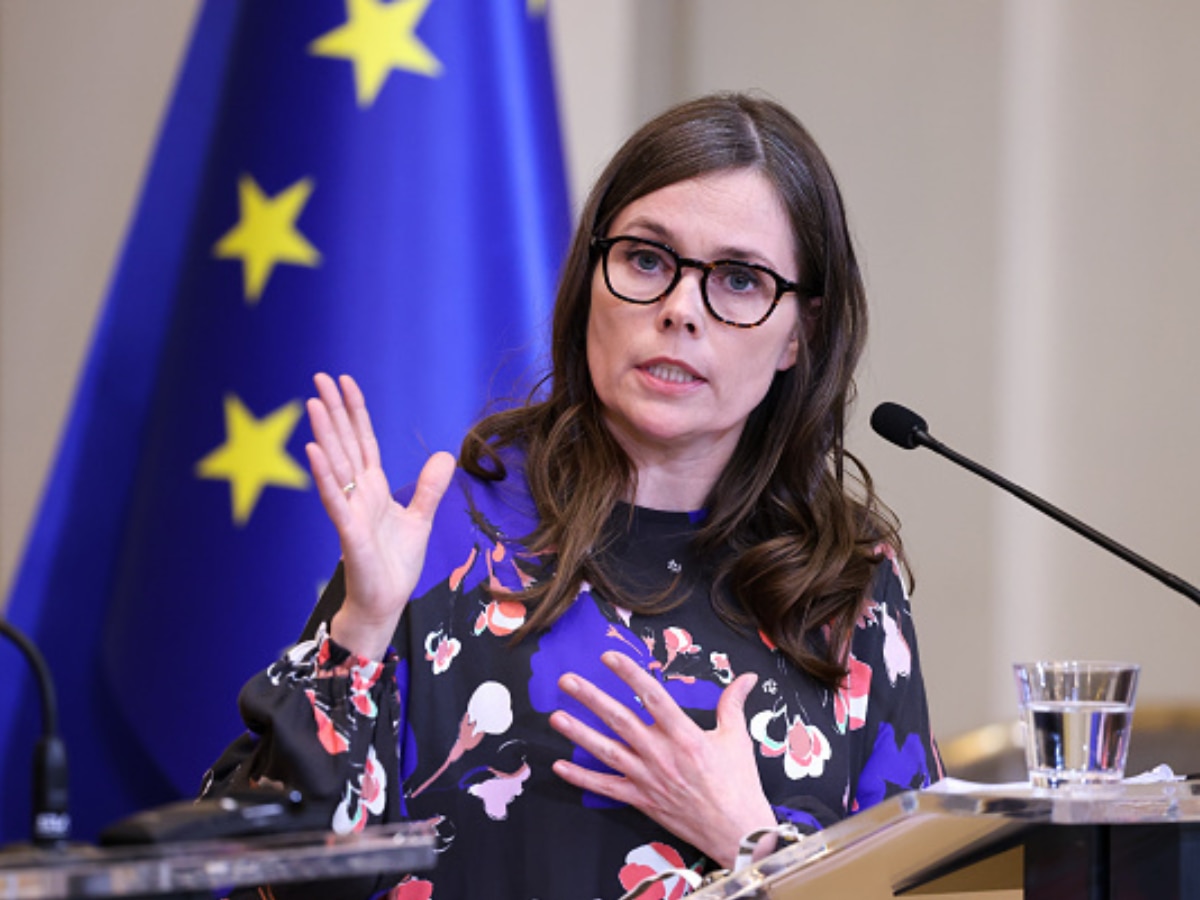The main organizers of the strike, Iceland's trade unions, urged women and nonbinary people to refuse all forms of work, paid or unpaid, including household chores, for the day. Approximately 90% of Iceland's workforce are union members, reported AP.
Tuesday’s walkout, which lasts from midnight to midnight, is being billed as the biggest since Iceland’s first such event on October 24, 1975. During that historic day, 90% of women refused to work, clean or look after children, to voice anger at discrimination in the workplace.
In 1976, Iceland passed a law guaranteeing equal rights irrespective of gender.
Since then there have been several partial-day strikes, most recently in 2018, with women walking off the job in the early afternoon, symbolizing the time of day when women, on average, stop earning compared to men.
Gatherings on Tuesday were held across Iceland, the largest in Reykjavik, where much of the capital’s center was closed to traffic and tens of thousands gathered on the grassy Arnarhóll hill for a rally.
“We have not yet reached our goals of full gender equality and we are still tackling the gender-based wage gap, which is unacceptable in 2023,” Jakobsdóttir told news website mbl.is, according to AP. “We are still tackling gender-based violence, which has been a priority for my government to tackle.”
Iceland’s 1975 strike inspired similar protests in other countries including Poland, where women boycotted jobs and classes in 2016 to protest a proposed abortion ban.
In Spain, women staged a 24-hour strike in 2018 on March 8, International Women’s Day, under the theme “If we stop, the world stops.”


